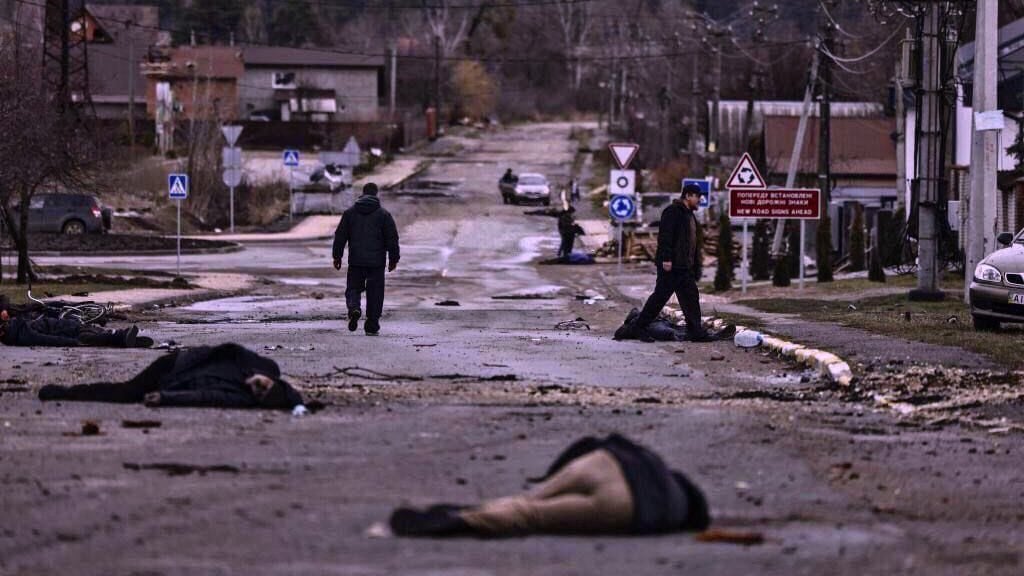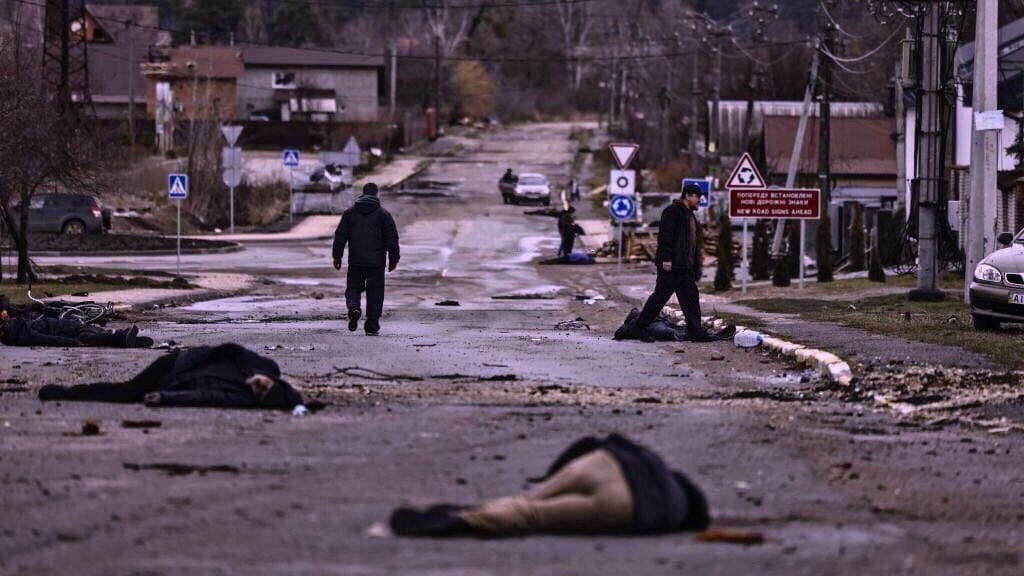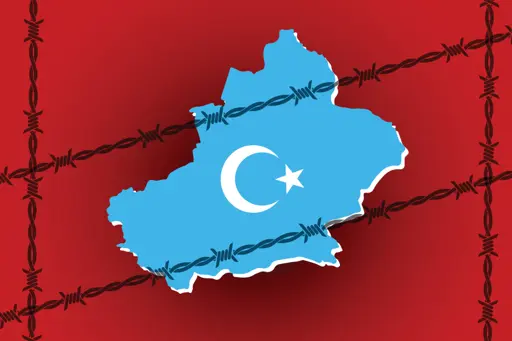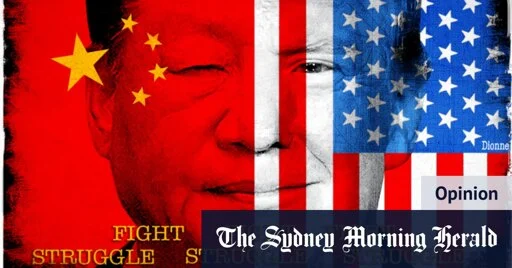Earlier this week, some of the world’s most brutal tyrants, responsible for mass atrocity crimes and egregious repression, gathered in Beijing in a macabre dictator-fest.
Xi Jinping hosted Russia’s Vladimir Putin, North Korea’s Kim Jong-un, and Myanmar’s General Min Aung Hlaing, alongside the rulers of Iran, Belarus, and Vietnam, among twenty others, in a parade that ostensibly marked the 80th anniversary of the end of the Second World War.
In fact, it was an effort by China to showcase its weaponry and power, and galvanize an axis of authoritarianism to challenge democracies. It was a “Davos” of dictators.
That made the participation of a handful of democratically elected leaders, including Indonesia’s president, Prabowo Subianto, Malaysia’s Anwar Ibrahim, and the president of Serbia and prime minister of Slovakia, disappointing — although India’s prime minister Narendra Modi deserves some credit for deciding to









